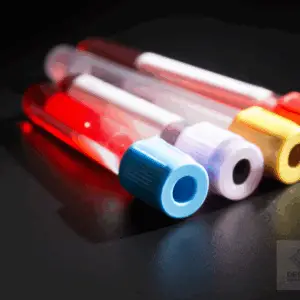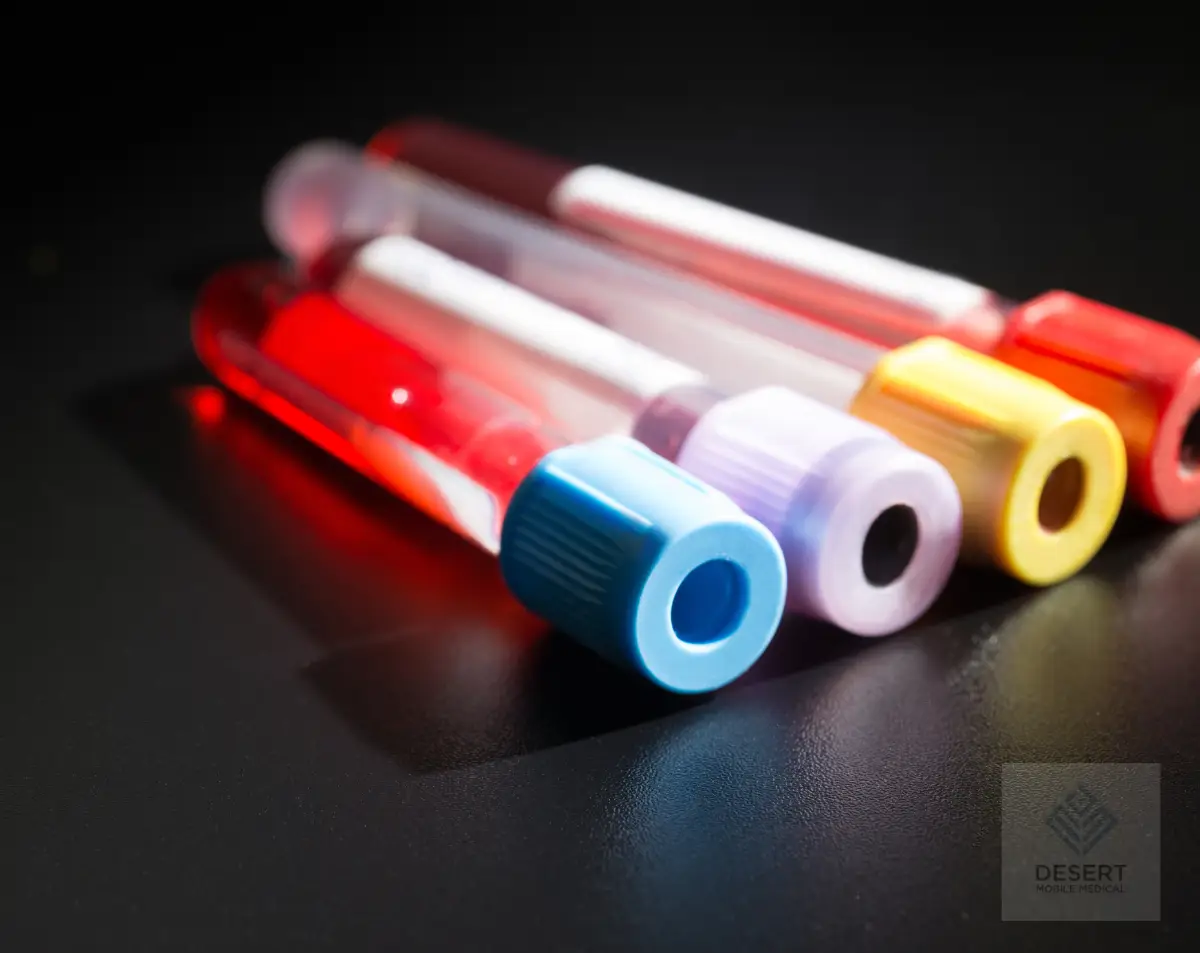DHEA Levels Test
Dehydroepiandrosterone (DHEA) is a hormone produced primarily by the adrenal glands and is a precursor to both estrogen and testosterone. It plays a vital role in a variety of bodily functions, including immune response, energy regulation, and maintaining muscle mass. DHEA levels naturally peak in early adulthood and decline with age, making this test useful for assessing overall hormonal balance.
Why It Matters:
DHEA is involved in a range of physiological functions, including:
-
Energy and vitality: Low DHEA levels may contribute to fatigue, low energy, and mood disturbances.
-
Hormonal balance: As a precursor to both testosterone and estrogen, DHEA is integral to maintaining proper levels of these hormones.
-
Muscle and bone health: DHEA helps support muscle mass, strength, and bone density, especially in older adults.
-
Cognitive function: Some studies suggest DHEA may play a role in preserving cognitive function and preventing age-related memory decline.
When to Consider a DHEA Test:
-
Fatigue and low energy: If you’re experiencing persistent tiredness or low motivation.
-
Mood swings or depression: For those experiencing unexplained mood changes, irritability, or signs of depression.
-
Hormonal imbalances: To assess symptoms of low or high testosterone or estrogen, particularly in women with irregular periods, PCOS, or menopause.
-
Age-related decline: For individuals experiencing signs of aging like decreased muscle mass, bone density, or cognitive decline.
-
Adrenal or pituitary disorders: For those with symptoms related to adrenal insufficiency or hormonal dysfunction.




Reviews
There are no reviews yet.